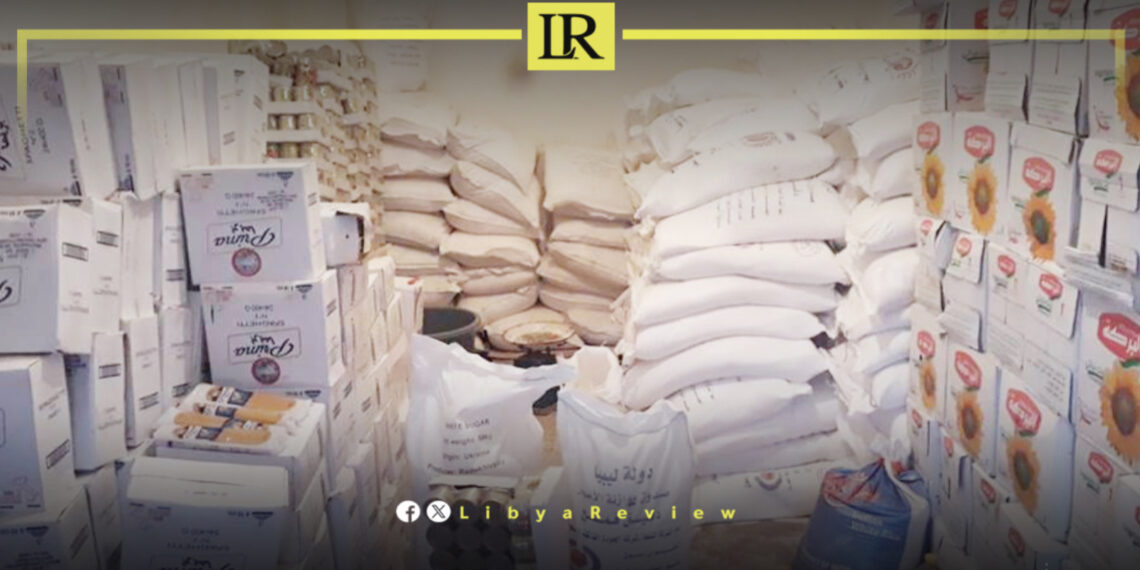The Price Stabilization Fund has begun distributing essential food supplies to consumer cooperatives in Benghazi, ensuring availability for citizens. This marks a step toward reviving the cooperative system, which has been largely inactive since 2020.
Milad Zanqi, head of the Consumer Cooperative Census Committee, confirmed that the fund started releasing goods and financial allocations. This will allow cooperatives to issue checks and begin distribution, helping stabilize the food supply.
The Department of Economy and Trade has launched an inventory assessment of cooperatives to update records and ensure their readiness to resume operations. Many cooperatives, especially those in conflict-affected areas, have lost their original locations and need administrative restructuring.
The supply quotas for these cooperatives remain reserved. Once all administrative procedures are completed, their allocations will be transferred to the Price Stabilization Fund for direct distribution. So far, 75% of the 492 registered cooperatives in Benghazi and nearby areas have updated their records, while 120 cooperatives are still undergoing review.
The situation of internally displaced persons (IDPs) is also being addressed. Families from Derna, Tarhuna, and Tawergha have submitted applications for food allocations, and their requests have been referred to the Ministry of Economy for approval. Authorities are considering whether to grant them special quotas under the fund.
The consumer cooperative system had been inactive for four years, but previous records have been used as an official reference. By 2020, the cooperative network had over 800,000 registered members.
A plan to resume new memberships is set for 2025, marking the first expansion in five years. As supply chains stabilize, cooperatives will begin accepting new members, further strengthening food distribution in Benghazi and surrounding areas.


